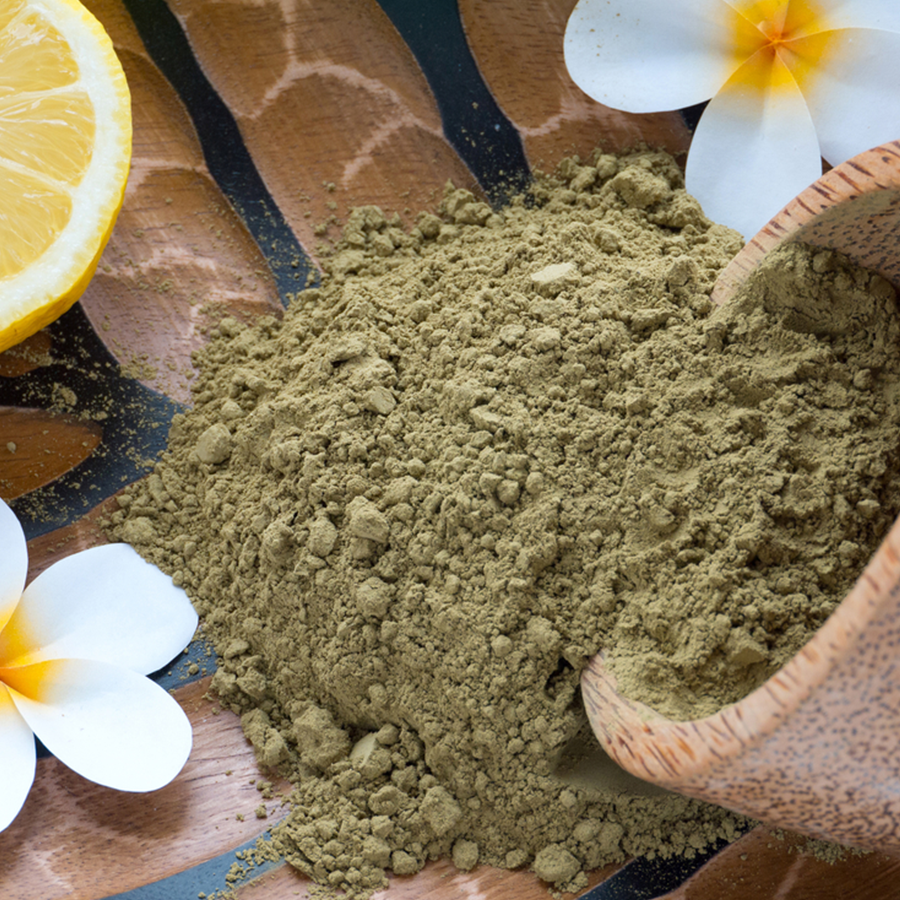The things people endure for the sake of beauty: damaged strands, a burning sensation on the scalp, and exposure to potentially carcinogenic chemicals are just some of the things people go through to color their hair. But what if you can get the beauty benefits of hair dye without the toxic effects of chemicals? That’s why you should consider using henna on hair.
What Is Henna Hair Dye?
Henna has been around since ancient times, used in the Middle East, the Arabian Peninsula, Eastern Europe, and Africa, among other places. It is made from the leaves of the plant laswonia inermis, which are dried and ground into a powder. It is then combined with water (and sometimes other ingredients like lemon) to be used as a dye for hair and fabric. It’s also traditionally used for temporary tattoos.
Henna gives a vibrant red tint to hair when applied. This fiery shade can be seen throughout history: An ancient Egyptian mummy is said to have been found to have bright red hair. The henna-induced color was likewise popular among pre-Raphaelites as well as in 19th-century Europe.
Today, henna hair dye is commercially available, giving the same rich, red color that has been sought after through the ages. The intensity depends on the natural hair color and duration of the application. Variants called black henna and neutral henna are also available but these are not made of pure henna and are mixed with other ingredients like Cassia obovate and indigo to produce other shades. Henna hair dye and its variants can thus be used to turn tresses red, brown, or black.
Pros and Cons of Henna Hair Dye
Some of the benefits of henna hair dye are:
It’s natural. Say goodbye to those harsh and unpleasant chemical smells and the burning sensation on your scalp. Henna hair dye is free of chemicals like ammonia and peroxide, which are typically found in conventional commercial hair dye. This has the added benefit of reducing the risk of allergic reactions. (As with other products, it’s best to conduct a patch test before committing to coloring your hair with henna.) Pregnant women may consider using all-natural henna hair dye, but always consult with your attending physician beforehand.
It improves hair health. Unlike other artificial hair dyes that penetrate the hair’s cuticle and strip hair of its natural color, causing breakage, hair loss, and dryness, henna gently binds with the hair and even strengthens and conditions it, making it feel smoother and silkier.
It’s great for those with thin hair. Because it coats hair and doesn’t mess up its composition, henna can make strands look and feel thicker. Chemical hair dyes, on the other hand, can cause hair loss.
It fades gradually. When using conventional hair dyes, it’s obvious when it’s time for another visit to the salon—you can clearly see the line where hair has grown out. Henna fades gradually and thus looks more natural against your virgin hair. (To make the color last, use products for color-treated hair and always condition your tresses.)
Using henna hair dye is not without its down side:
It can get messy. Henna can stain everything (not for nothing is it used for temporary tattoos). If you’re doing it yourself or getting a friend to apply it for you at home, make sure you cover your hands with gloves (reusable rubber gloves are more environment-friendly than disposable plastic ones), yourself with an old t-shirt, and your bathroom floor with newspapers. Have old towels that you don’t mind getting stained at the ready. Also apply petroleum jelly or a similar product to your forehead, neck, around your face, and behind your ears to keep the henna from getting on your skin.
It takes more time. Depending on the intensity of color you’re going for, it takes longer for henna hair dye to take effect. You might have to set aside anywhere from a few hours to half a day.
The color isn’t predictable. If you’re using all-natural henna, it’s hard to predict its effect on your hair. This is entirely dependent on your natural color.
You can’t color-correct. If you’re unhappy with the results of dyeing your hair using henna, you may not be able to correct it for some time. Because henna acts as a barrier over your hair, commercial hair dyes may not be able to penetrate your strands. You’ll have to wait a few weeks or a couple of months before attempting to color over it.
If you’re tired of subjecting your mane to chemicals and are looking for a natural option that gives your hair a vibrant color that lasts and even makes it healthier, then using henna hair dye may be for you.
Sources:
https://www.huffingtonpost.com/
http://untrainedhousewife.com/
https://detoxinista.com/





